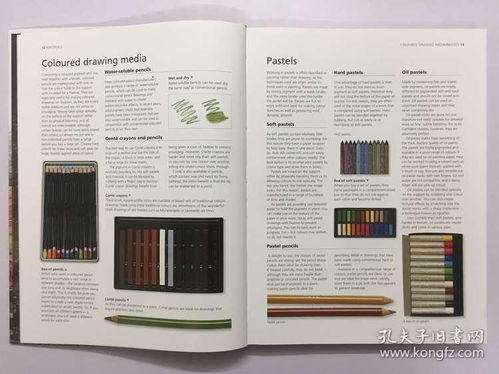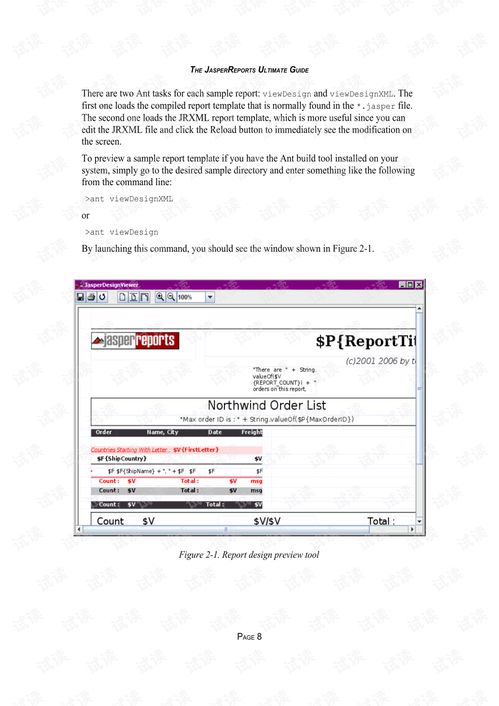Content:
In the world of hobbies, few activities are as serene and rewarding as fishing. Whether you're a seasoned angler or a beginner, there's something inherently satisfying about spending time by the water, waiting for that perfect bite. One aspect of fishing that can sometimes be less enjoyable, however, is the negotiation process when buying fishing equipment or accessories. Here, we delve into the art of negotiation, focusing on how to effectively talk price when going天天钓鱼.
Do Your Research
Before you even step into a tackle shop or approach a vendor, it's crucial to do your homework. Research the market prices for the items you're interested in. This can be done through online marketplaces, local fishing forums, or even by calling other stores. Knowing the average price range will give you a solid foundation to work from when negotiating.
Establish a Budget
Before you start talking prices, know exactly how much you're willing to spend. This doesn't mean you have to stick to your budget rigidly, but having a clear limit will help you maintain control over the negotiation process.
Be Courteous and Respectful
The key to successful negotiation is not just about the words you use, but also about how you present yourself. Always be polite and respectful. A friendly demeanor can go a long way in making the seller more willing to negotiate.
Start Low
When it comes to negotiating, there's no harm in starting with a lower offer than you're actually willing to pay. This gives you room to negotiate upwards. However, make sure your initial offer is still fair and reasonable, based on your research.
Listen to the Seller's Counteroffer
Once you've made your initial offer, the seller will likely counter with a higher price. This is their opening move. Listen carefully to their counteroffer and consider it thoughtfully. Remember, negotiation is a give-and-take process.
Justify Your Offer
When you counter with your own offer, be prepared to justify it. Use the research you've done to back up your price. For example, you might say, "I've seen this rod on several websites for $10 less than what you're asking."
Be Flexible
While it's important to stick to your budget, being too rigid can sometimes hinder the negotiation process. Be willing to compromise a bit, especially if you're interested in the item and see value in it.

Use the "I Need to Think About It" Tactic
If the negotiation is at a standstill, don't be afraid to use the "I need to think about it" tactic. This gives you time to reflect on the offer and possibly come back with a better counteroffer.
Look for Additional Incentives
Sometimes, the price isn't the only factor in a negotiation. The seller might be willing to throw in some extras, like a free lure or a discount on future purchases. Don't overlook these potential benefits.
Walk Away If Necessary
If the seller isn't willing to budge and the price is out of your range, don't be afraid to walk away. There are plenty of other vendors and shops where you can find what you need.
Conclusion
Negotiating prices when going天天钓鱼 doesn't have to be a daunting task. By doing your research, being polite, and being prepared to compromise, you can successfully navigate the negotiation process and get the best deals on your fishing gear. Remember, the goal is to find a fair price that works for both you and the seller, creating a win-win situation for all parties involved. Happy fishing and happy negotiating!












